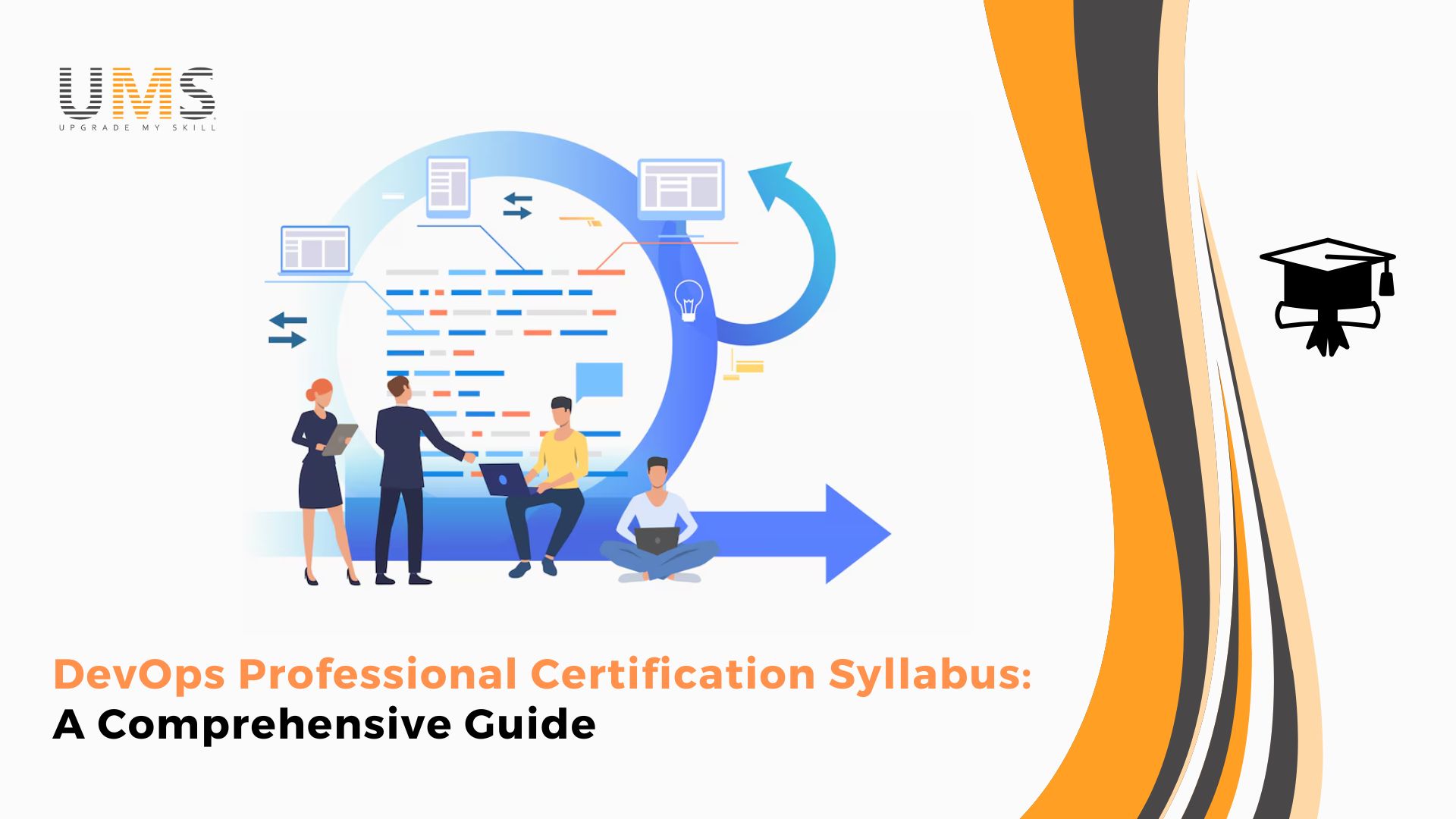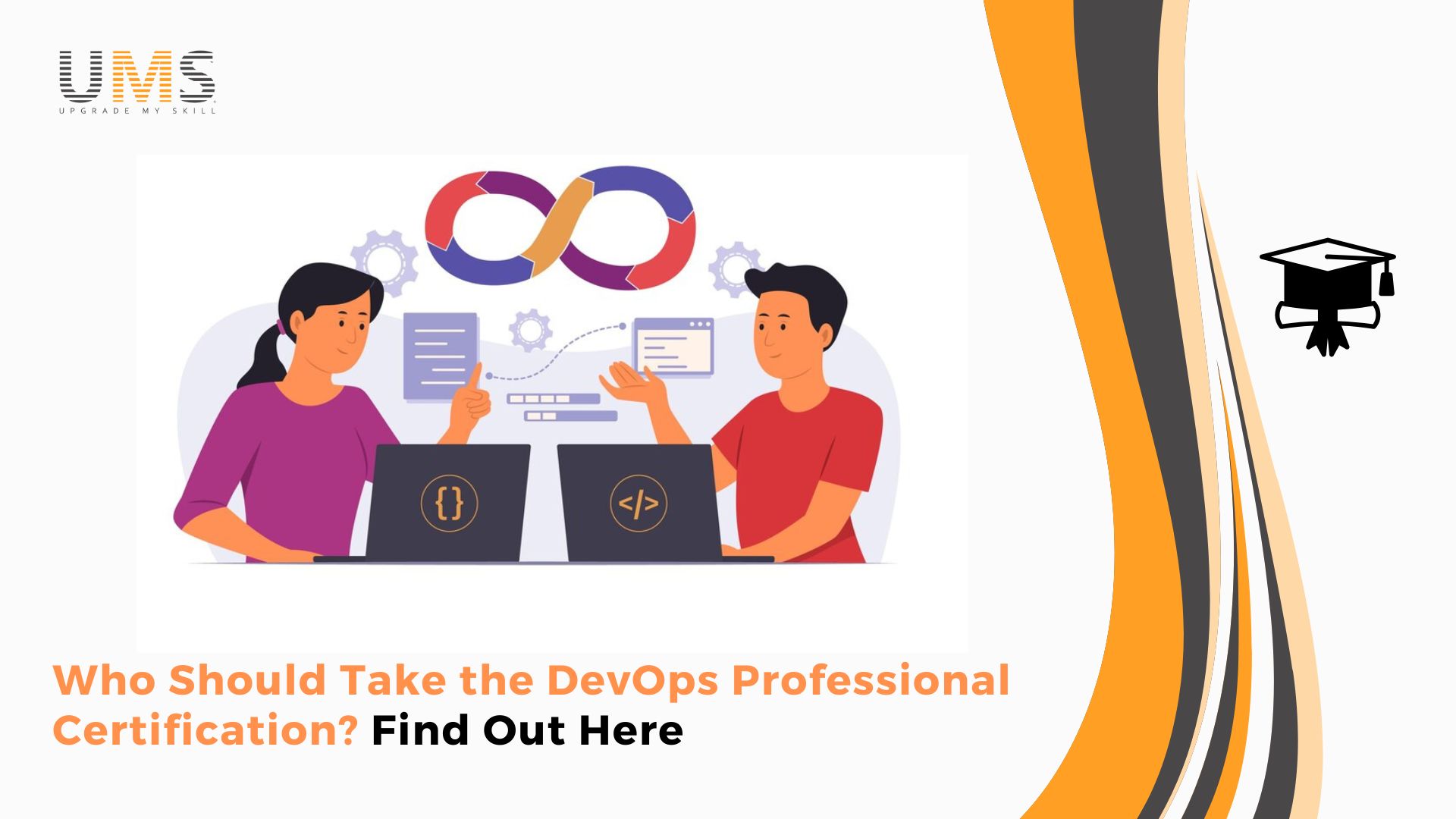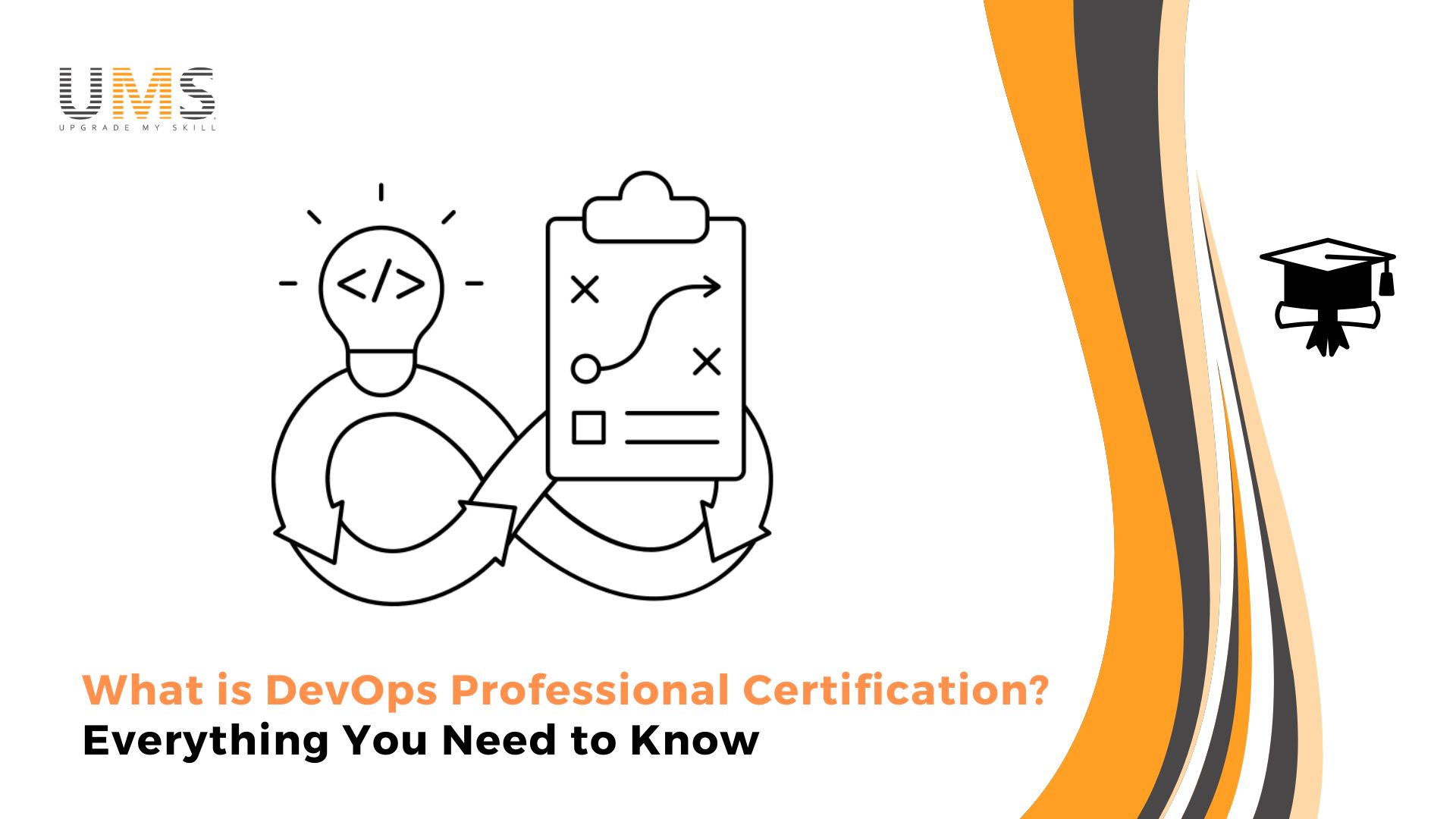- Posted By Admin
- Apr 24, 2025

In today's rapidly evolving technology landscape, DevOps has become a cornerstone for organizations aiming to enhance collaboration between development and operations teams. Achieving a DevOps Professiona Certification not only validates your expertise but also positions you as a valuable asset in the IT industry. This comprehensive guide delves into the essential components of the DevOps Professional Certification syllabus, providing you with a roadmap to success.
DevOps Professional Certification is a credential that validates an individual's proficiency in implementing and managing DevOps practices within an organization. This certification demonstrates expertise in automating the software development lifecycle, enhancing collaboration between development and operations teams, and utilizing various tools and technologies to streamline processes. Achieving this certification signifies a commitment to continuous improvement and operational excellence in the field of DevOps.
Several organizations offer DevOps Professional Certifications, each with its own focus and requirements. For instance, the AWS Certified DevOps Engineer – Professional certification emphasizes skills in provisioning, operating, and managing distributed application systems on the AWS platform. Similarly, Microsoft's DevOps Engineer Expert certification assesses the ability to design and implement DevOps processes using Microsoft technologies. These certifications are designed for professionals with experience in DevOps practices and aim to enhance their ability to deliver high-quality software solutions efficiently.
Before embarking on the certification journey, it's crucial to grasp the foundational principles of DevOps:
A significant portion of the certification syllabus centers on the tools and technologies integral to DevOps:
Proficiency in automating infrastructure deployment and system configurations is vital:
Developing and managing CI/CD pipelines is a core competency:
Effective monitoring and logging are critical for maintaining operational health:
Integrating security into the DevOps process is paramount:
Understanding the intersection of DevOps and cloud computing is essential:
Fostering a culture of collaboration is vital:
To earn the DevOps Professional Certification, thorough preparation is essential:
Fast Filling! Hurry Up.
Fast Filling! Hurry Up.
Achieving the DevOps Professional Certification is a significant milestone that demonstrates your expertise in modern software development and operations practices. By mastering the components outlined in this syllabus, you position yourself as a proficient DevOps professional, ready to drive innovation and efficiency within organizations.
At Upgrade My Skill, we offer comprehensive training programs tailored to the DevOps Professiona Certification. Our expert-led courses provide hands-on experience with real-world tools and technologies, ensuring you are well-prepared for the certification exam. Explore our training programs and take the first step toward advancing your DevOps career today!

The DevOps Professional Certification is ideal for IT professionals, software developers, system administrators, project mana...

DevOps Professional Certification validates your expertise in DevOps tools and practices, boosting career growth, salary pote...

DevOps Professional Certification validates expertise in automating software development and enhancing collaboration between...